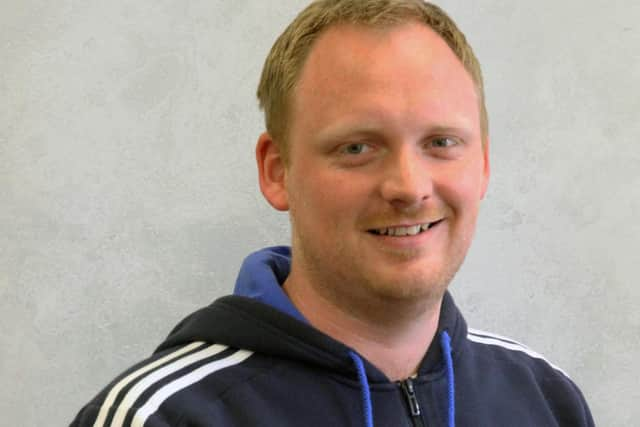Ice baths: UCLan researchers find out if we're doing it all wrong
and live on Freeview channel 276
The study, led by UCLan in Preston and published in the scientific journal Sports Sciences for Health, invited athletes, coaches and support practitioners to provide anonymous feedback
about their current cold-water immersion (CWI) protocols.
Out of the 111 respondents, most were involved in elite sport at international, national and club level, with many having used CWI previously and 78 percent finding it beneficial for


recovery.
Advertisement
Hide AdAdvertisement
Hide AdThe study found that more than half of the respondents used a water temperature outside of the recommended range of 9°C to 15°C and only 14 per cent spent the recommended duration
of 10 to 15 minutes in the water.
The most popular immersion time was only two and a half to five minutes long with many coaches setting a temperature of below 5°C and athletes having no set temperature target.
Dr Robert Allan, lecturer in human physiology at UCLan and lead author on the research paper, said: “Whilst many athletes, coaches and support practitioners are aware of the many
physiological benefits associated with post-exercise CWI, such as reductions in tissue temperature, alterations in blood flow and pain relief benefits, there seems a discordance between
Advertisement
Hide AdAdvertisement
Hide Adthe knowledge of the benefits and understanding of the mechanisms controlling them.
“The protocol used during cold-water immersion is important; with the temperature of water, duration and depth of immersion important variables to consider.
“Ultimately short durations will be unable to illicit sufficient reductions to either core or muscle temperatures and have any subsequent impact on physiological mechanisms.
“In many cases, what is being used in practice will not be stimulating the benefits trying to be achieved.”
Advertisement
Hide AdAdvertisement
Hide AdDr James Malone, senior lecturer in coaching science at Liverpool Hope University, was also involved in the study.
He said: “This study highlights some of the potential gaps that can occur between what the science is telling us and what actually happens in practice.
“Myself and Dr Allan are part of a five-person team currently producing an expert statement on the use of cooling therapies for exercise recovery on behalf of the British Association of
Sport and Exercise Sciences (BASES). We believe that this work will help to better educate the wider audience around the best use of cooling therapies, such as cold-water immersion, to
help narrow the gap between research and practice.”
Thanks for reading. If you value what we do and are able to support us, a digital subscription is just £1 for your first month. Try us today by clicking here
